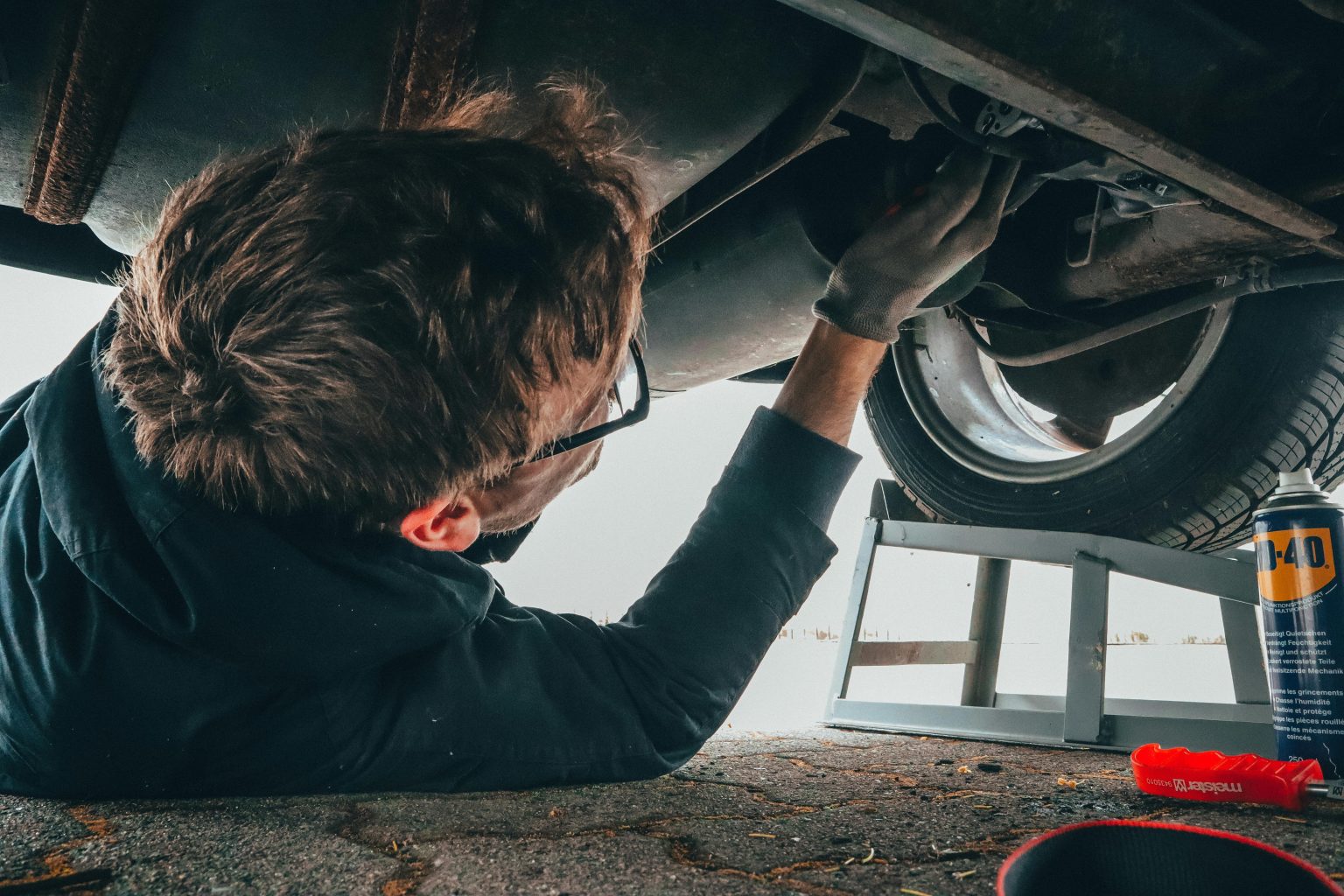When it comes to road safety, many drivers underestimate the importance of regular vehicle maintenance. It’s easy to assume that if your car is running smoothly, there’s nothing to worry about. However, even small issues, if left unaddressed, can develop into serious problems that compromise your safety and the safety of others on the road.
Routine maintenance checks are designed to catch potential faults before they escalate. From brakes and tyres to lights and fluids, every part plays a vital role in the safe operation of your vehicle. Neglecting these aspects not only increases the risk of breakdowns but also the likelihood of accidents, especially in adverse weather or emergency situations.
Brakes and Tyres: Your First Line of Defence
Brakes are one of the most important safety features in any vehicle. If they are worn or malfunctioning, your stopping distance can increase dramatically. Regular checks ensure that brake pads, discs, and fluid levels are in top condition. Similarly, tyres must be maintained at the correct pressure and tread depth. Bald or underinflated tyres can reduce grip, increase the chance of skidding, and lead to blowouts at high speeds.
In the UK, tyres must have a minimum tread depth of 1.6mm. Driving with tyres below this limit is not only illegal but extremely dangerous, particularly in wet conditions where aquaplaning becomes a real risk.
Lights and Visibility
Ensuring all your vehicle’s lights are functioning properly is another key aspect of road safety. Headlights, brake lights, and indicators allow you to see and be seen, particularly in poor weather or at night. Dirty or faulty lights can significantly reduce visibility, increasing the likelihood of collisions.
Windscreen wipers and washer fluid should also be checked regularly. A clean windscreen is essential for maintaining good visibility, and wipers that leave streaks or miss spots could impair your view of the road.
Fluid Levels and Engine Health
A well-maintained engine is not just about performance – it also plays a role in safety. Low oil levels can lead to overheating and engine failure, while inadequate coolant can result in breakdowns. Regular servicing helps ensure that all essential fluids, including brake and transmission fluids, are at optimal levels.
A service also provides an opportunity to inspect belts, hoses, and the battery – all of which, if faulty, can contribute to breakdowns or accidents.
The Role of MOTs and Professional Checks
An annual MOT test is a legal requirement for vehicles over three years old in the UK and provides a vital safety check. It makes sure that your vehicle meets minimum safety and environmental standards. If you’re due for your next test, you can easily search for a MOT near me to find a reliable testing centre.
In between MOTs, it’s wise to schedule regular servicing and perform basic checks yourself. Pay attention to unusual sounds, warning lights, or changes in how your vehicle drives – these can all be early signs that something isn’t right.
Stay Safe, Stay Proactive
Regular vehicle maintenance is not just about extending your car’s lifespan – it’s a proactive way to protect yourself and others on the road. By dealing with potential issues before they become hazards, you’ll enjoy greater peace of mind every time you get behind the wheel.


